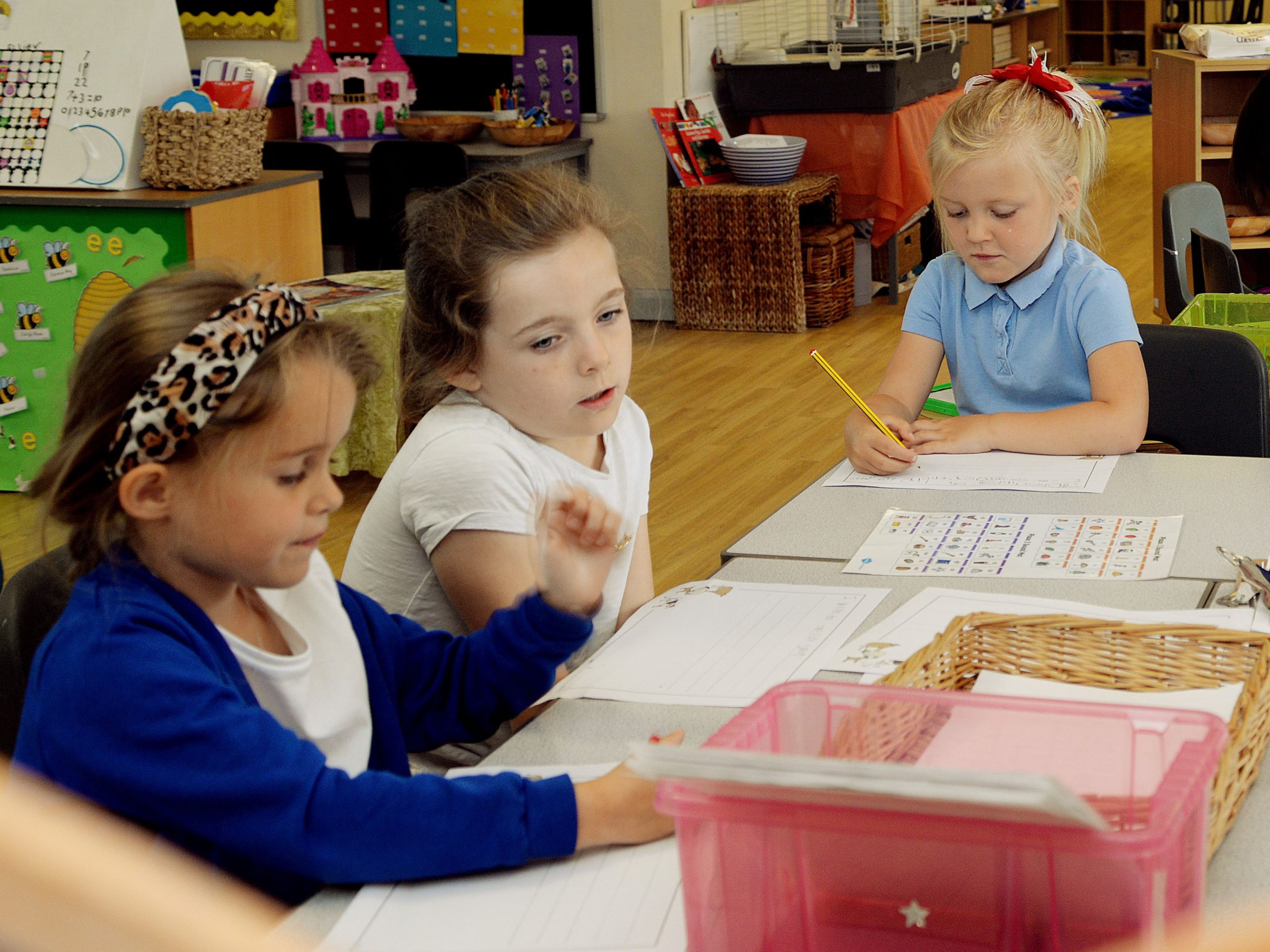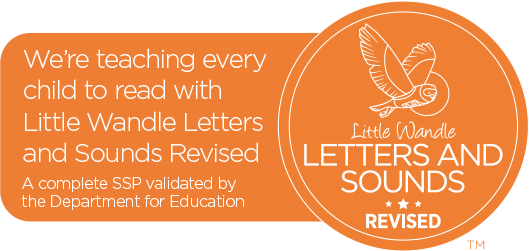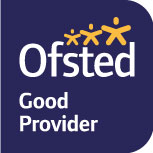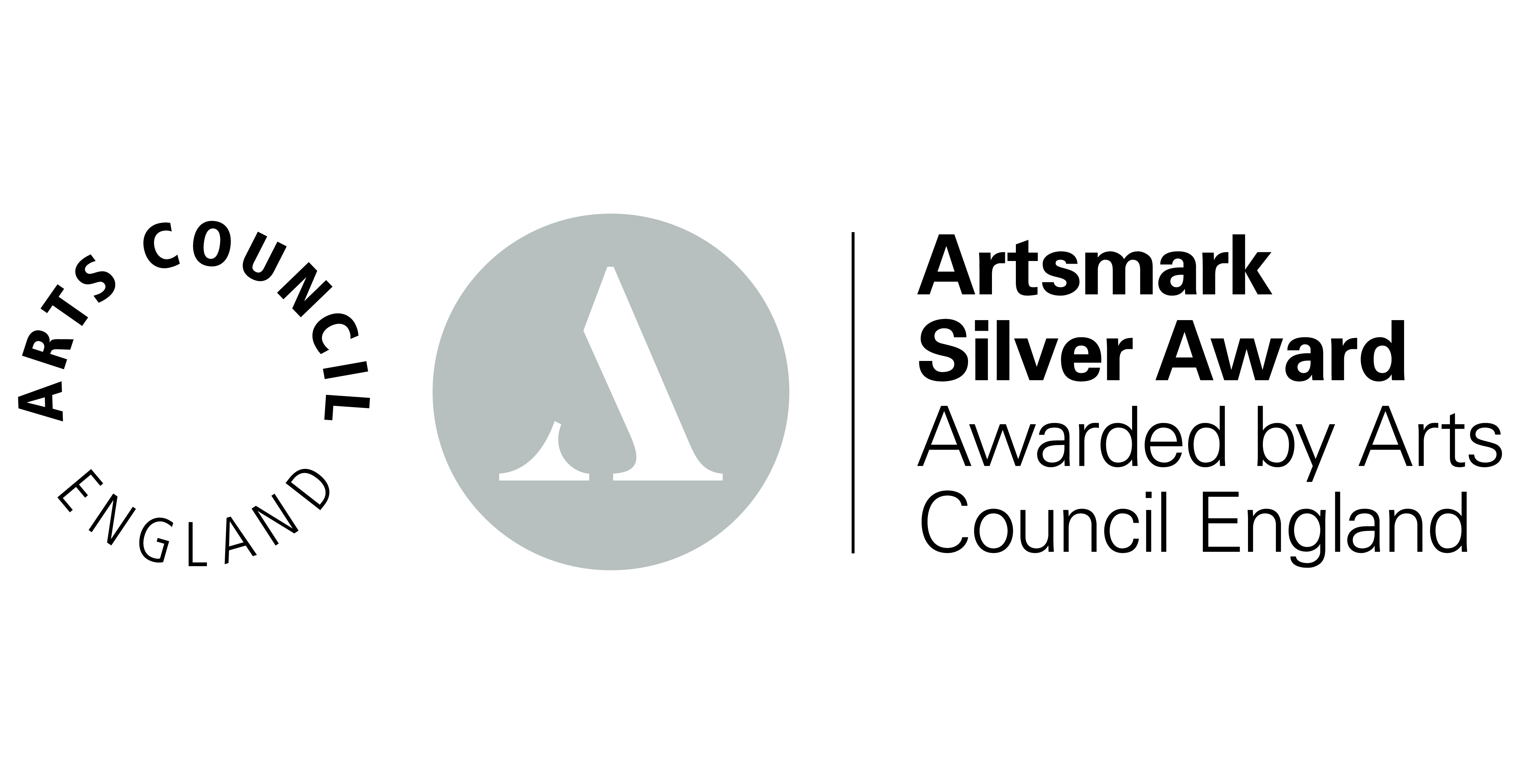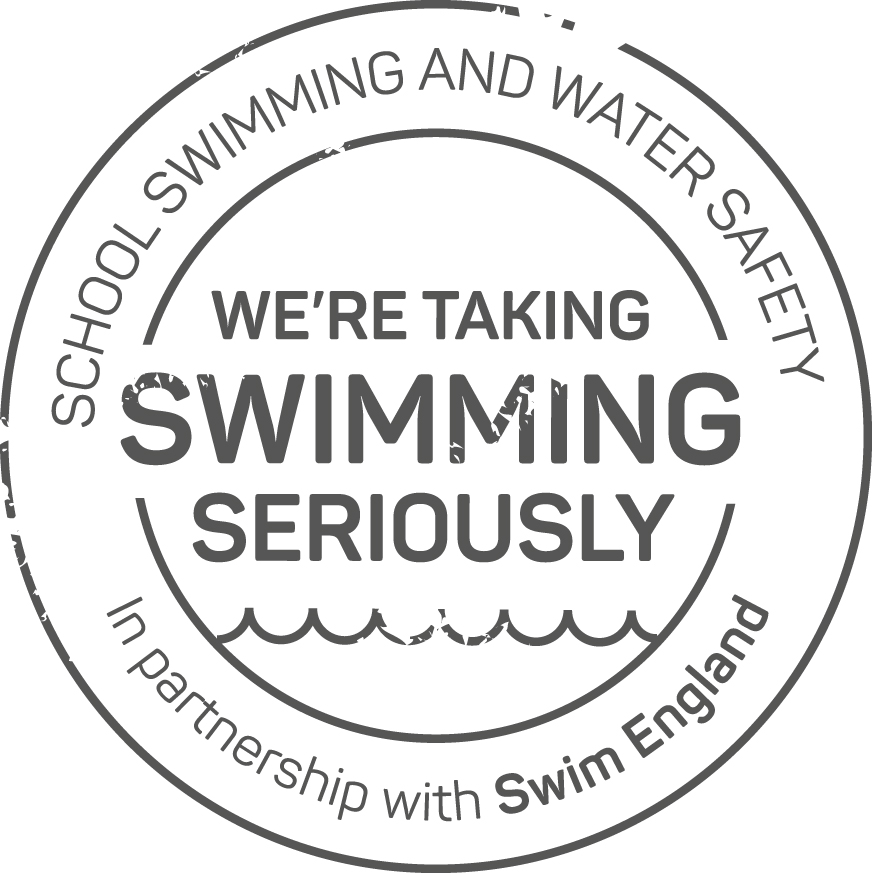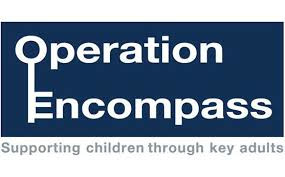Special Educational Needs and/or Disabilities (SEND)
Ryhope Infant School Academy is an inclusive mainstream infant school. We are committed to providing a high quality provision that enables all pupils to achieve to their full potential.
We strongly believe that parents should be fully involved in their child’s education. We work closely with parents to ensure all pupils are receiving the support they need to become confident, resilient learners.
A child is considered to have special educational needs (SEND) when their learning difficulty or disability requires provision that is different to that of a child of the same age. A child with special educational needs has a support plan which sets out personal targets based on their individual needs. Support plans are shared with the child’s family and they are reviewed and updated termly. Parents and professionals involved are invited to termly review meetings to discuss progress and next steps.
We work closely with other agencies such as Speech and Language, Autism Outreach Team and Educational Psychologists to ensure we provide appropriate high quality intervention and support tailored to the individual need of the child.
Sensory areas used to support children to regulate their emotions.
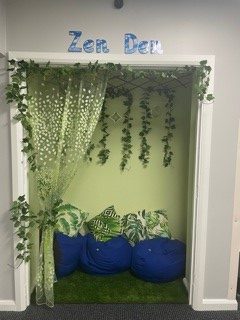
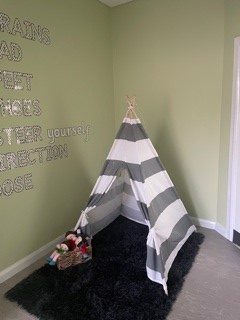
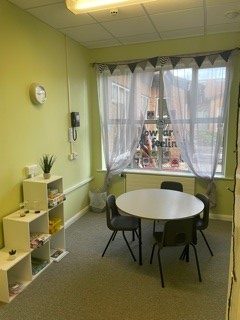
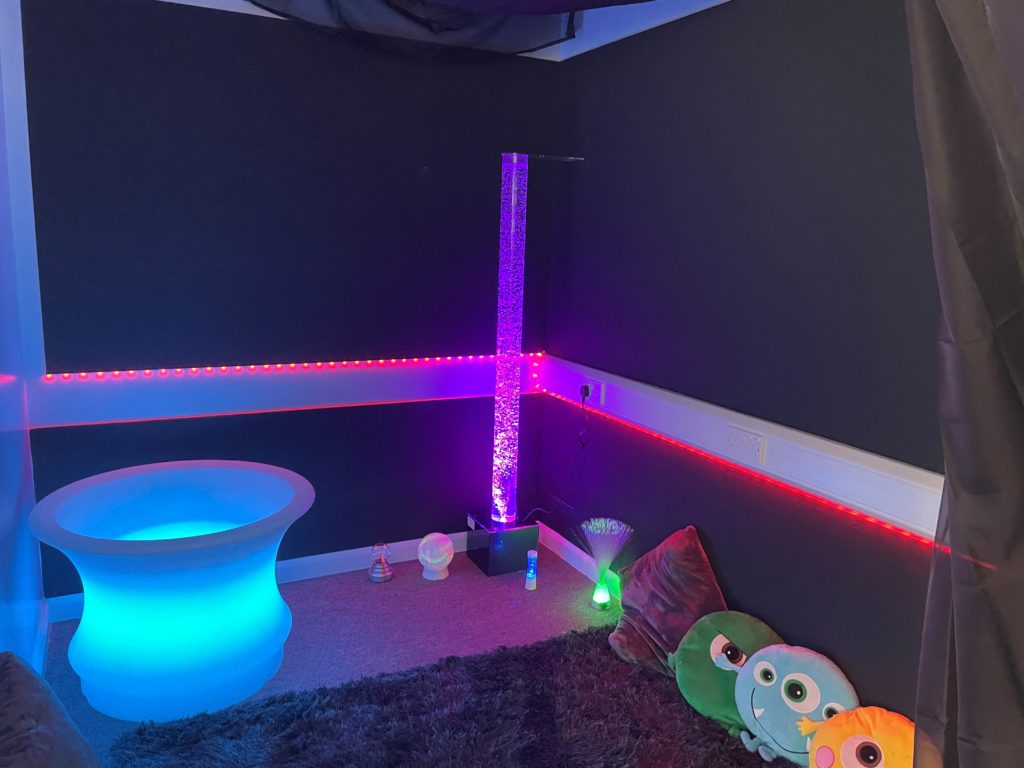
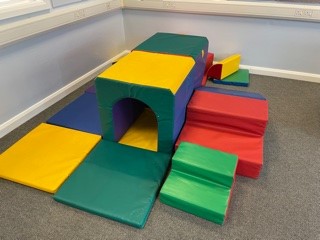
Areas of Special Educational Needs
Ryhope Infant School Academy will make provision for pupils with the following 4 kinds of need:
• Communication and interaction.
Children with speech, language and communication needs (SLCN) have difficulty in communicating with others. This may be because they have difficulty saying what they want to, understanding what is being said to them or they do not understand or use social rules of communication. The profile for every child with SLCN is different and their needs may change over time. They may have difficulty with one, some or all of the different aspects of speech, language or social communication at different times of their lives. Children with an Autism Spectrum Disorder are likely to have particular difficulties with social interaction. They may also experience difficulties with language, communication, social interaction and imagination, which can impact on how they relate to others.
• Cognition and learning.
Support for learning difficulties may be required when children learn at a slower pace than their peers, even with appropriate differentiation. Learning difficulties cover a wide range of needs, including moderate learning difficulties (MLD), severe learning difficulties (SLD), where children are likely to need support in all areas of the curriculum and associated difficulties with mobility and communication, through to profound and multiple learning difficulties (PMLD), where children are likely to have severe and complex learning difficulties as well as a physical disability or sensory impairment. Specific learning difficulties (SpLD), affect one or more specific aspects of learning.
• Social, mental and emotional health.
Children may experience a wide range of social and emotional difficulties which manifest themselves in many ways. These may include becoming withdrawn or isolated, as well as displaying challenging, disruptive or disturbing behaviour. These behaviours may reflect underlying mental health difficulties such as anxiety or depression, self-harming, substance misuse, eating disorders or physical symptoms that are medically unexplained. Other children and young people may have disorders such as attention deficit disorder, attention deficit hyperactive disorder or attachment disorder. Our School has clear processes to support children, including how we manage the effect of any disruptive behaviour so it does not adversely affect other pupils.
• Sensory and / or physical and medical needs.
Some children require special educational provision because they have a disability which prevents or hinders them from making use of the educational facilities generally provided. These difficulties can be age related and may fluctuate over time. Many children and young people with vision impairment (VI), hearing impairment (HI) or a dual-sensory impairment (DSI) will require specialist support and/or equipment to access their learning. Children with an DSI have a combination of vision and hearing difficulties, which makes it even more difficult for them to access the curriculum or study programme than for those with a single sensory impairment. Some children with a physical disability (PD) require additional ongoing support and equipment to access all the opportunities available to their peers.
Our School SENDCo is
Miss E. Lumsden.
Role of the SENDCo:
- Work with the school governors and the Headteacher to ensure that the school meets its responsibilities under the Equality Act (2010) with regard to reasonable adjustments and access arrangements.
- Undertake day-to-day responsibility for the operation of SEND policy.
- Coordinate the specific provision made to support individual children with SEND, including those who have EHC plans.
- Advise on a graduated approach to providing SEND support.
- Advise on the deployment of the school’s delegated budget and other resources to meet pupils’ needs effectively.
- Liaise with the parents of pupils with SEND.
- Liaise with early years’ providers, other schools, educational psychologists, health and social care professionals, and independent or voluntary bodies.
- Be a key point of contact with external agencies, especially the LA and LA support services.
- Liaise with the potential future providers of education to ensure that the pupil and their parents are informed about options and a smooth transition is planned.
- Provide professional guidance to colleagues and work closely with staff members, parents, carers, and other agencies, including SEND charities.
- Be familiar with the provision in the Local Offer and be able to work with professionals providing a support role to the family.
- Ensure that the school keeps the records of all pupils with SEND up-to date.
- Inform the child’s parents that SEND provision is being made, where the child does not have an EHC plan.
Role of the class teacher:
• Quality First Teaching, all children should have access to a broad and balanced curriculum. The National Curriculum Inclusion Statement states that teachers must set high expectations for every child, whatever their prior attainment. All teachers are teachers of children with SEND.
• Plan and review support for their pupils with SEND, on a graduated basis, in collaboration with parents, the SENDCo and, where appropriate, the pupil themselves.
• Set high expectations for every pupil and aim to teach them the full curriculum, whatever their prior attainment.
• Use appropriate assessment to set targets, which are deliberately ambitious.
• Plan lessons to address potential areas of difficulty and to ensure that there are no barriers to every pupil achieving.
• Provide Support Plans in liaison with support staff, children, parents/carers and SENDCo.
• Use SEND Ranges document to ensure correct level of support is being offered to meet the child’s SEND needs.
Role of the Headteacher Mrs T. Allen:
- Ensure that those teaching who are working with the pupil are aware of their needs, and have arrangements in place to meet them.
- Ensure that teachers monitor and review the pupil’s progress during the course of the academic year.
- Cooperate with local authorities during annual EHC plan reviews.
- Regularly and carefully review the quality of teaching for pupils at risk of underachievement, as a core part of the school’s performance management arrangements.
- Ensuring that teachers understand the strategies to identify and support vulnerable pupils and possess knowledge of the SEND most frequently encountered.
Role of the SEND Governor Dr. Rachel Leonard:
• Liaise with SENDCo to gain knowledge and understanding of the overview of SEND across the school and the support in place for these pupils.
• Termly meetings with SENDCo so that she fully understands the SEND processes and systems that are in place.
All procedures as set out in the SEN Code of Practice 2014 are followed.
SEND Information Sharing Report
What is the SEN Information Report?
The LA Local Offer
- The Children and Families Bill was enacted in 2014. From this date Local Authorities (LA) and schools are required to publish and keep under review information about services they expect to be available for children and young people with special educational needs (SEN) aged 0-25. This is the ‘SEN Information Report’.
- The intention of the Local Offer is to improve choice and transparency for families. It will also be an important resource for parents in understanding the range of services and provision in the local area.
The School Local Offer
- Schools utilise the LA SEN Information Report to meet the needs of SEND children as determined by school policy and the provision that the school is able to provide.
SEN Policies
Identifying SEND – Ryhope Infant School
https://www.togetherforchildren.org.uk/services/send-local-offer


